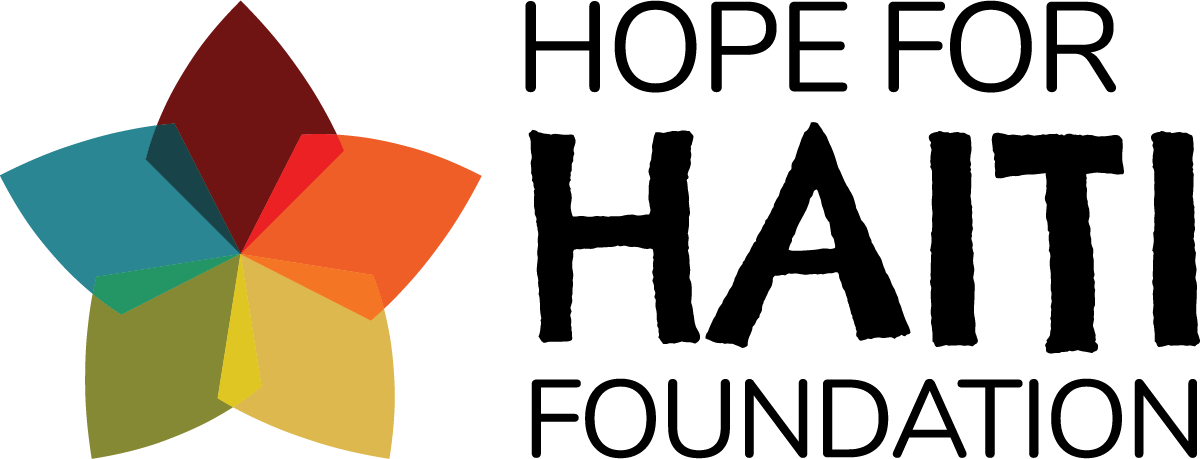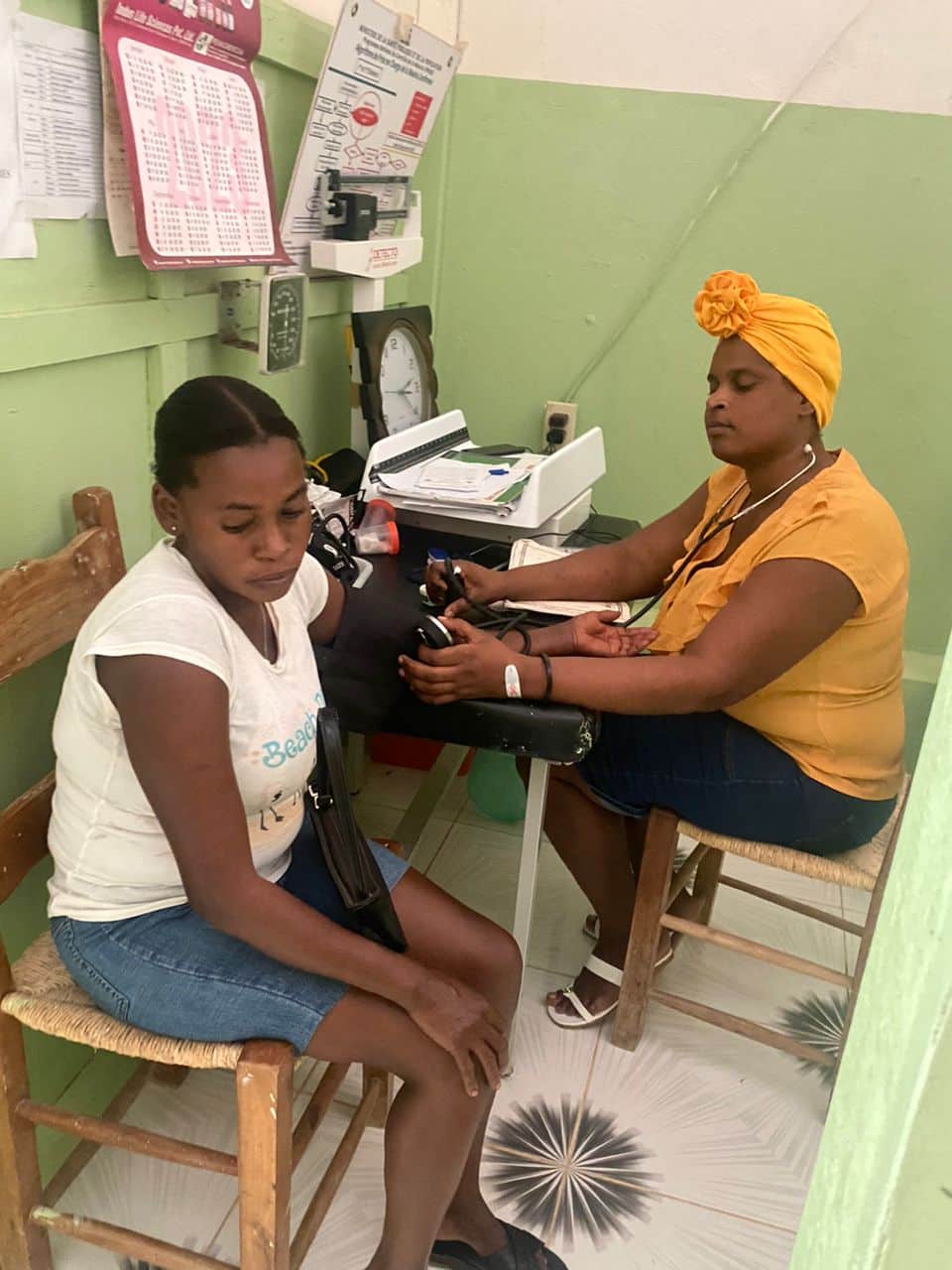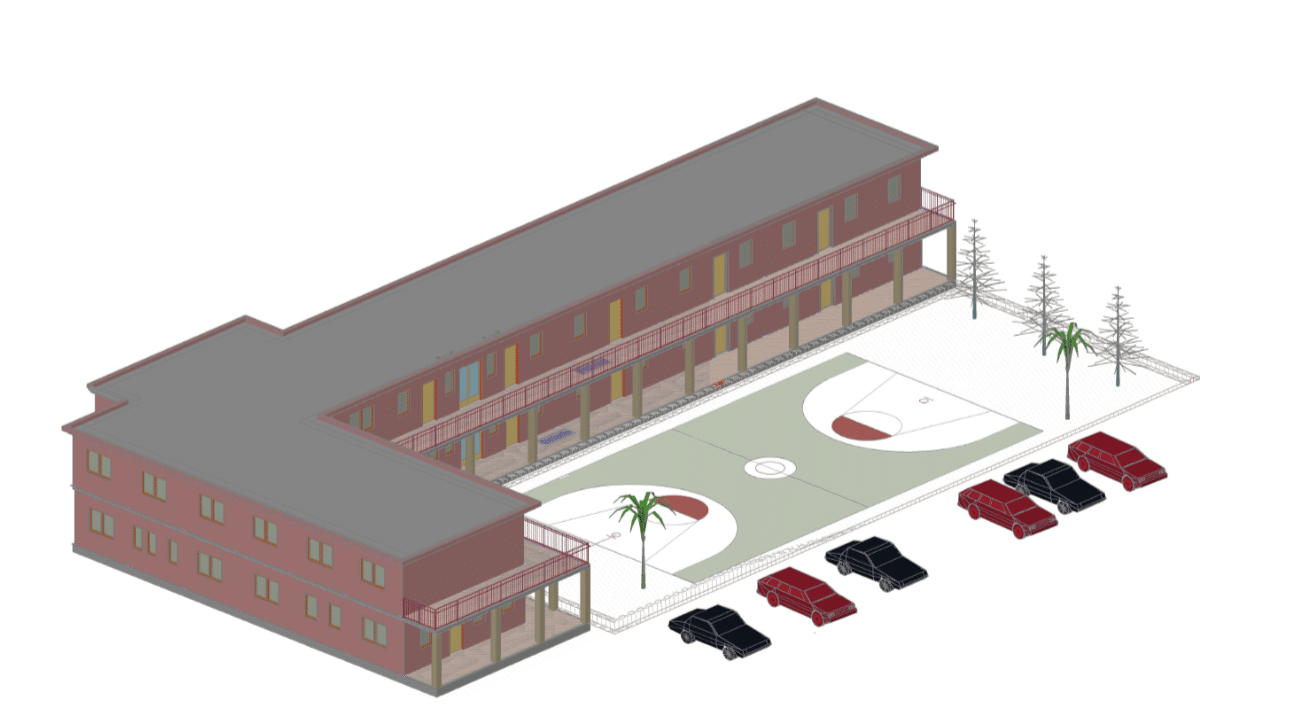Another update from Megan!
NOTE: Bolded parts are the editor’s emphasis.
Hi Y’all,
I’m back again. I am currently sitting in the school administration office listening to Nasson sing during the church service. Those who have been to Zorangé hopefully have had the pleasure of hearing him sing—his voice is AMAZING. Today, I had the pleasure to sit down with Nasson, Ashley, and other individuals who sit at the head of their departments to discuss different types of conflict and how they can be resolved. I was more than obliged to help, but it was difficult to decide where to begin. I decided to take them through the very basics of how conflict is created and simplified the mediation process. This post will explain what I spoke to them about and some of the questions they asked.
As a student studying conflict and how to resolve conflict, the University of Oregon gives us a base in mediation. We go through basic mediation training, through which we become certified as mediators to use as a launching off point to go in any direction we want. After today’s meeting I found another passion of mine: teaching about conflict. I think the mediation process is important because not only does it teach us to resolve conflict with others, it teaches us how to listen to ourselves and resolve conflict that directly affects our personal life. I am a fan of this process, but even more than that, I love learning how other cultures and peoples resolve conflict and see how I can transform the mediation process to meet their needs.
There are five categories that lead to conflict: resources, data, processes, relationships, and values. These categories often overlap. The group spent a lot of time talking about these, and I tried to give them everyday examples. For those in charge of the clinic, I spoke about the conflict that can arise when the data and processes do not match up. Let us say that a patient comes in and gives two nurses the same symptoms/data, the two nurses were taught different methods/processes—conflict can arise when there is a lack of communication between these two nurses. That is when the mediator would ask them questions and find that the basic sources of their conflict was in the data and information processing.
Another example I gave the staff was about the overlap that can occur in relationships and resources. I spoke about how a married couple may come to the pastor with an endless argument about the lack of money, the lack of things they have at home, and just the fact that they do not have jobs that are satisfying. Once the mediator sees those as the stresses on their relationship, he will be able to help them generate ideas on how to resolve the lack of resources.
The next thing we focused some time on was the different interventions to conflict: Power-Based, Rights-Based, and Interest-Based. I have found there is a distinction between power-based and rights-based resolution, but not much. The best example for power-based is voting—there can be coercion, which is why power-based is not the best mode. Rights-based is when a litigator or arbitrator will step in and make the decision for the parties. Interest-based is what mediators strive for: the goal is for the parties involved in the conflict to have an equal say in the resolution of the issue.
From there, I took the crew through the steps of the mediation process. It was interesting getting questions about what happens when they “know” that the participants are not telling the whole truth and are making things up. I think that is the hardest part about being a mediator—it is not our job to believe one side over the other. We may not believe either party, but we are partial to the process and believe that the participants can find a way to resolve the issues. Our job is to guide them to resolution.
My favorite part of this meeting was hearing their questions. They asked many situational questions, ranging from the Pastor’s question: What do you do when a married couple comes to you for guidance and the issue is that the wife does not like the husband’s beard and he will not shave it? Umm…I don’t know!! In the end, after much laughter, I told the pastor that the goal would be to figure out what the real reason was for the husband not to shave. Tony’s questions about what to do when two boys love the same girl and they want your advice promoted the laughter, as well.
Anyway, I guess the meeting was a success because they asked when I was coming back and wanted a more in-depth training on the mediation process! Now my next challenge: figuring out the best way to do mediation training in a language I can’t speak, where it is crucial I hear how people role play, and what materials I should have translated. So, I am looking forward to sitting down with my mentors back in Eugene, Oregon and starting to develop a format that can be used in Zorangé.
I have only a couple days left here in Zorangé and feel very blessed for the time I have had here.
~Megan




